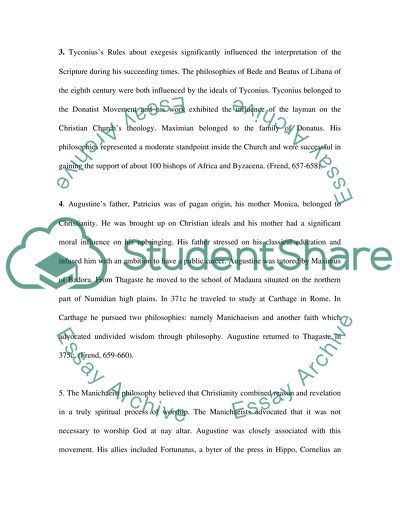Cite this document
(“Christian Thought Hindu Tradition Research Paper”, n.d.)
Retrieved de https://studentshare.org/religion-and-theology/1392212-christian-thought-hindu-tradition
Retrieved de https://studentshare.org/religion-and-theology/1392212-christian-thought-hindu-tradition
(Christian Thought Hindu Tradition Research Paper)
https://studentshare.org/religion-and-theology/1392212-christian-thought-hindu-tradition.
https://studentshare.org/religion-and-theology/1392212-christian-thought-hindu-tradition.
“Christian Thought Hindu Tradition Research Paper”, n.d. https://studentshare.org/religion-and-theology/1392212-christian-thought-hindu-tradition.


